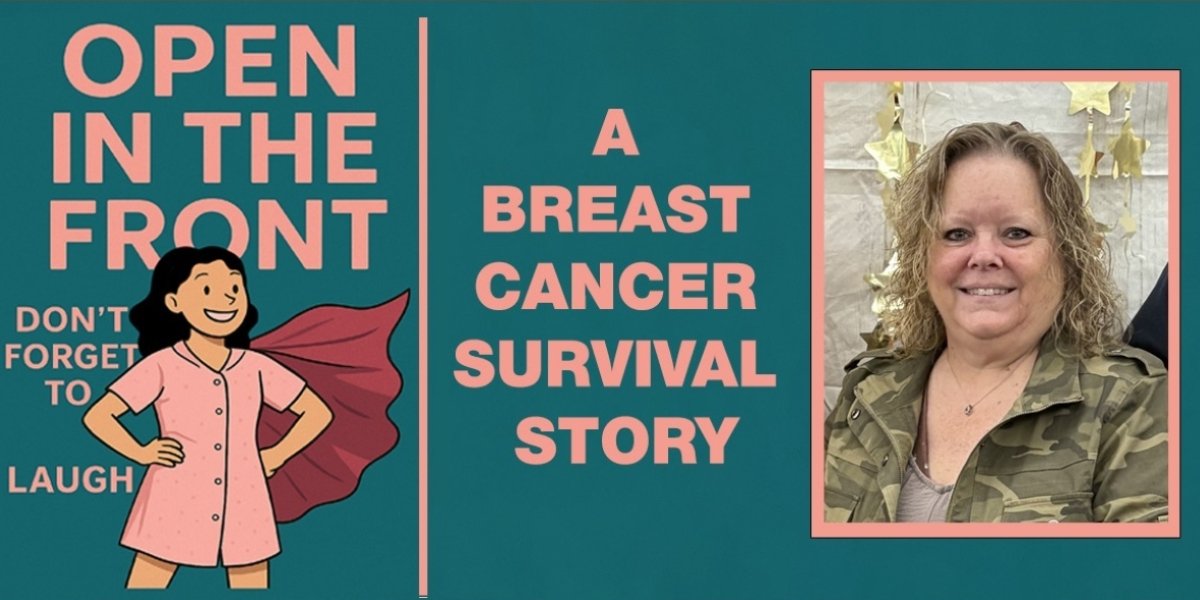Teen career exploration is a critical phase that shapes the future of young individuals, providing them with the insights and skills necessary for their professional lives. During adolescence, teens begin to form a sense of identity and purpose, and career exploration activities can significantly influence their future choices and opportunities. This period is marked by a transition from dependency to independence, and exploring different career paths helps teens develop autonomy, self-awareness, and a clearer understanding of their aspirations.
Michael A. Deffina, a successful entrepreneur and author, emphasizes the importance of active engagement in this process. His book “So What Comes Next?” offers a comprehensive guide to navigating career choices and preparing for the future. This article delves into Deffina’s principles and offers practical activities for career exploration, while also highlighting the significance of engagement in fostering healthy, developing minds.
The Importance of Engagement in Teen Development
Engagement plays a pivotal role in the cognitive and emotional development of teenagers. During this critical phase of life, the brain undergoes significant changes, making it a prime time for learning and development. According to the American Psychological Association, engaged learning experiences enhance teens’ critical thinking, problem-solving abilities, and overall mental health. This engagement can take various forms, including participation in extracurricular activities, sports, arts, and community service, each contributing uniquely to a teen’s growth.
Active participation in meaningful activities helps to build self-esteem by providing teens with a sense of achievement and competence. When teens are involved in tasks that challenge them and allow them to see their progress, their self-confidence grows. This sense of accomplishment is crucial for developing a positive self-image, which is essential for mental and emotional well-being.
Engagement also plays a significant role in reducing anxiety. When teens are actively involved in structured and purposeful activities, they are less likely to engage in negative thought patterns and behaviors that can lead to anxiety and depression. Structured activities provide a sense of routine and predictability, which can be comforting and stabilizing for teens navigating the uncertainties of adolescence.
Furthermore, engagement fosters a sense of purpose and direction. Teens who are actively involved in exploring their interests and talents are more likely to develop a clear vision for their future. This sense of direction helps them set realistic goals and motivates them to work towards achieving them. Knowing that they are working towards something meaningful gives teens a reason to persevere through challenges and setbacks.
For teens, this engagement is not just about academic success but also about developing a well-rounded personality equipped to face future challenges. Engaged teens are more likely to develop strong social skills, empathy, and resilience. They learn to work collaboratively with others, navigate social dynamics, and build healthy relationships. These skills are essential for personal and professional success in adulthood.
Moreover, engagement in diverse activities exposes teens to a variety of experiences and perspectives. This exposure helps them develop a broader understanding of the world and fosters open-mindedness and cultural awareness. Engaged teens are more likely to become active, informed citizens who contribute positively to their communities.
Principles of Michael Deffina’s Approach
Michael Deffina advocates for a holistic approach to career exploration, emphasizing real-world experiences and hands-on activities. His methodology includes:
Experiential Learning: Deffina believes that teens learn best through direct experience. This involves internships, job shadowing, and project-based learning that simulate real-world scenarios.
Reflective Practice: Encouraging teens to reflect on their experiences to understand their interests, strengths, and areas for improvement.
Mentorship: Connecting teens with professionals in their fields of interest to provide guidance, support, and inspiration.
Collaborative Learning: Promoting teamwork and collaboration to help teens develop interpersonal skills and learn from their peers.
Insights from So What Comes Next?
In So What Comes Next? Michael A. Deffina provides valuable insights into helping teens navigate their future. The book emphasizes the importance of self-discovery and planning in career exploration. Deffina highlights:
Self-Assessment: Encouraging teens to explore their passions, strengths, and values to identify potential career paths.
Goal Setting: Helping teens set short-term and long-term goals to guide their career exploration journey.
Resource Utilization: Teaching teens how to utilize available resources, such as career counseling, online tools, and networking opportunities.
Teen-Friendly Tone and Conciseness
One of the standout features of So What Comes Next? is its teen-friendly tone and conciseness. Deffina writes in a manner that is engaging and relatable for a teenage audience. The book avoids overly complex language and instead opts for a straightforward, conversational style that resonates with teens. This approach makes the content accessible and easier to digest, ensuring that teens stay engaged and motivated to continue reading.
The book is structured in a way that breaks down complex concepts into manageable sections, making it easier for teens to follow along and absorb the information. Deffina includes practical examples, relatable anecdotes, and step-by-step guides that help illustrate key points. This not only makes the book more enjoyable to read but also ensures that teens can easily apply the advice to their own lives.
Career Exploration Activities Inspired by Deffina’s Work and So What Comes Next?
Job Shadowing and Internships
Activity: Organize short-term internships or job shadowing opportunities in various fields. Teens can spend a day or a week observing professionals, understanding workplace dynamics, and gaining insights into different careers.
Outcome: Provides first hand experience of the work environment and helps teens make informed career choices.
Reflective Journaling
Activity: Encourage teens to keep a journal where they reflect on their career exploration activities. They can document their experiences, what they learned, and how it influenced their career interests.
Outcome: Promotes self-awareness and helps teens track their career exploration journey.
Mentorship Programs
Activity: Pair teens with mentors in their fields of interest. These mentors can provide ongoing support, share their career paths, and offer advice on educational and career decisions.
Outcome: Builds a supportive network and provides teens with valuable insights and encouragement.
Self-Assessment and Goal Setting
Activity: Utilize self-assessment tools and goal-setting exercises from So What Comes Next? to help teens identify their strengths, interests, and career aspirations.
Outcome: Facilitates a deeper understanding of personal and professional goals, providing a clear direction for career exploration.
The Impact of Active Engagement on Mental Health
Engaging in career exploration activities has a profound impact on the mental health of teenagers. According to the National Alliance on Mental Illness (NAMI), structured activities that involve learning and growth can reduce symptoms of depression and anxiety in teens. Active engagement in meaningful pursuits helps teens develop a sense of accomplishment and self-worth. It also reduces the feeling of uncertainty about the future, providing them with a clearer direction and purpose.
Conclusion
Michael Deffina’s work, particularly his book So What Comes Next?, underscores the importance of active engagement in career exploration for teens. By incorporating experiential learning, reflective practices, mentorship, and collaborative activities, teens can gain valuable insights and skills for their future careers. Moreover, these activities contribute significantly to their mental health, fostering a sense of purpose, self-esteem, and resilience. By prioritizing engagement in career exploration, we can support the holistic development of teenagers, preparing them for successful and fulfilling futures.
As Deffina aptly states, “Dreaming big is the first step towards a fulfilling future, but planning smart is what turns those dreams into reality. By gaining self-awareness and exploring all possibilities, teens can navigate their journey with confidence and purpose. My goal is to support them from the start and throughout their journey by offering insights and tools that are both teen-friendly and effective.”
References
– American Psychological Association. (2020). The importance of engagement for adolescent development. Retrieved from [APA Website](https://www.apa.org)
– National Alliance on Mental Illness. (2021). Mental health in teens: The role of engagement. Retrieved from [NAMI Website](https://www.nami.org)
– Deffina, M. (2024). So What Comes Next?. Retrieved from [So What Comes Next?](https://www.sowhatcomesnext.info)
Published By: Aize Perez
















